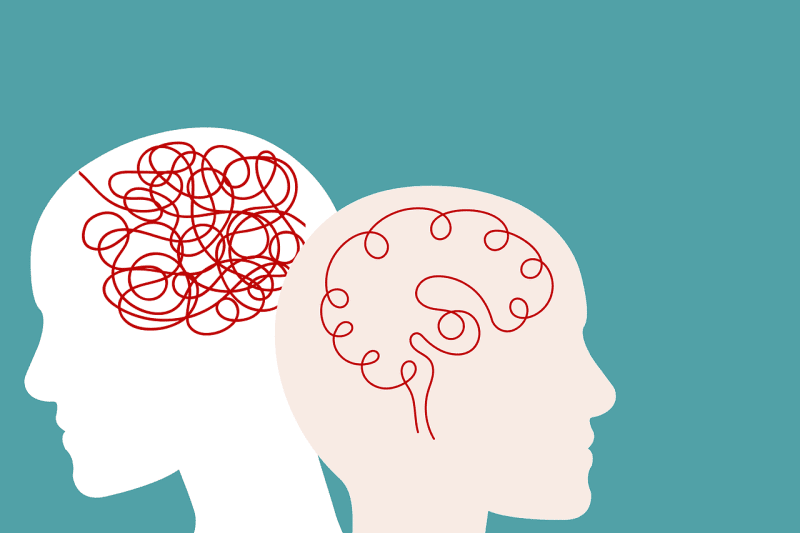The importance of mental health has never been more emphasized. Yet, with the increasing demands of daily life, many find themselves overwhelmed, struggling to maintain psychological well-being. This article shines a light on the crucial role that counseling can play in navigating life’s challenges, offering a beacon of hope and a path toward healing. Through an exploration of various therapeutic approaches and personal testimonials, this guide aims to demystify therapy, illustrating its effectiveness in improving mental health, fostering resilience, and empowering individuals to lead more fulfilling lives.
Understanding Therapy
Therapy, often referred to as psychotherapy or counseling, is a process designed to help individuals confront their emotional challenges and foster mental well-being. It involves structured conversations with a trained professional who employs various psychological methods to assist clients in understanding their feelings, thoughts, and behaviors. This foundational element of mental health care is aimed at alleviating emotional distress and enhancing life quality.
There are several types of therapy, each with its methodology and focus. From cognitive-behavioral therapy (CBT), which addresses dysfunctional thoughts and behaviors, to psychodynamic therapy which explores the psychological roots of emotional suffering, the diversity in therapeutic approaches means there is likely a fitting option for everyone. Choosing the right type of therapy is a critical step toward successful mental health management. With skilled therapists and an array of approaches at their disposal, the process of therapy offers a personalized experience tailored to each individual’s unique needs and circumstances. It is an evolving and collaborative journey that fosters self-discovery, growth, and healing.
Normalizing Mental Health Care
Despite its proven benefits, therapy often encounters societal stigma. Many individuals hesitate to seek mental health care due to misconceptions about therapy being a sign of weakness or a solution only for those with severe psychological issues. However, this perspective is gradually shifting as awareness campaigns and education efforts highlight therapy’s role in supporting everyday mental health and well-being.
Normalizing mental health care involves open conversations and shared experiences. By talking more openly about mental health struggles and the positive impact of therapy, society can move towards a more accepting and supportive stance. This change not only encourages people to seek help when needed but also contributes to a healthier, more resilient community.
The Therapeutic Journey
Initiating therapy can be daunting, surrounded by uncertainties about what to expect. The therapeutic process typically starts with an initial assessment, where the therapist and client explore the individual’s mental health history, current issues, and goals for therapy. This session lays the groundwork for the therapeutic relationship, a critical factor in the process’s success.
Subsequent sessions provide the space to dive deeper into personal experiences, emotions, and patterns of thought. Through guided dialogue, therapy helps individuals gain insights into their challenges, develop coping strategies, and work towards meaningful changes in their lives. Although the journey is unique for each person, a common outcome is an enhanced sense of self-awareness and empowerment.
Making the Most of Therapy
To optimize the benefits of therapy, engagement, and active participation are key. Setting clear, achievable goals can help guide the therapeutic process and provide a measure of progress. It’s also important for clients to be open and honest with their therapists, as this fosters a trustworthy environment conducive to growth and healing.
Practicing learned strategies outside of sessions is another critical component. Therapy offers valuable tools for managing stress, anxiety, depression, and other mental health issues, but their effectiveness increases with consistent application in daily life. By actively working on therapeutic exercises and techniques between sessions, individuals can accelerate their path to well-being.
Life Beyond Therapy
While therapy can be a powerful tool for overcoming immediate psychological challenges, maintaining mental health is an ongoing process. Developing a robust toolbox of coping strategies, mindfulness practices, and healthy habits is essential for long-term wellness. Additionally, building a supportive network of friends, family, and possibly support groups can provide a sense of belonging and community, further bolstering mental health.
Transitioning out of therapy doesn’t mean the end of mental health care; rather, it marks the beginning of a new chapter where the skills and insights gained are put into daily practice. Staying mindful of one’s mental health, recognizing signs of stress or distress early, and seeking help when needed are key components of sustained well-being. Therapy can offer a strong foundation, but the ongoing commitment to mental health is a personal and lifelong endeavor.

Therapy is a powerful and versatile tool for improving mental health. By understanding its purpose, normalizing its use, and actively participating in the process, individuals can reap the numerous benefits of therapy and cultivate a more fulfilling life. Whether dealing with specific challenges or pursuing personal growth, therapy offers an avenue toward healing, resilience, and ultimately, happiness.


